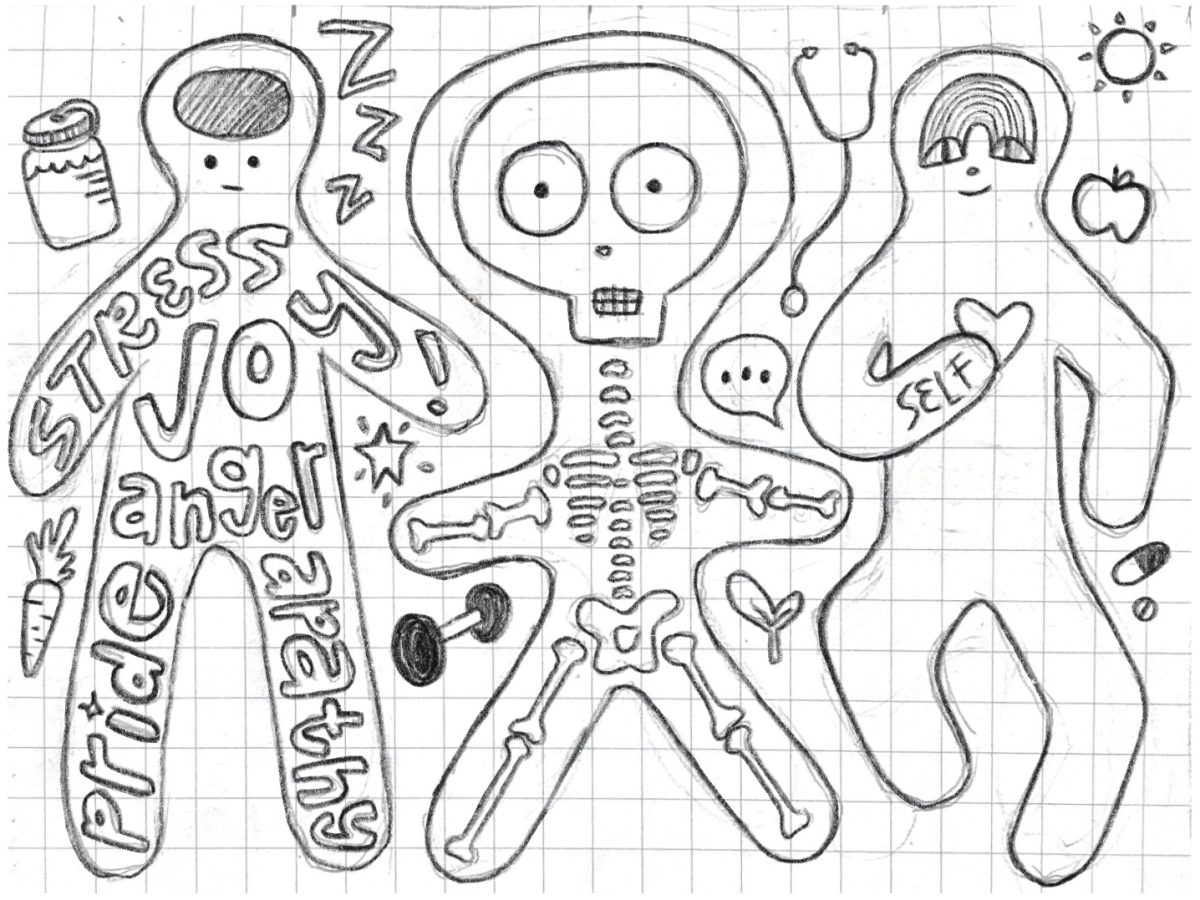Eid Al-Fitr has roots deeply embedded in Islamic tradition, established by the Prophet Muhammad. Its significance is intertwined with the practices and values of Ramadan, a month dedicated to fasting, prayer, and reflection. During Ramadan, Muslims abstain from food, drink, and other physical needs from dawn until sunset, focusing instead on spiritual growth and self-discipline. Eid Al-Fitr is a significant Islamic holiday that marks the end of Ramadan—the term “Eid Al-Fitr” translates to the “Festival of Breaking the Fast.”
This joyous celebration begins with the sighting of the new moon, signaling the end of Ramadan. For Muslims, it represents an opportunity to reflect on the self-discipline, piety, and belief cultivated during Ramadan. The celebration reinforces the spiritual renewal experienced during the month and strengthens Muslims’ connection to their faith.
Several joyful and meaningful customs characterize the celebration of Eid Al-Fitr. Preparation for the day often begins with cleaning and decorating homes, purchasing new clothes, and preparing special foods and sweets. On the morning of Eid, Muslims perform the Eid prayer at mosques or open grounds, where they also listen to a sermon. This is followed by festive meals with family and friends, featuring a variety of traditional dishes from biryani to kebabs. Exchanging gifts (especially between children) and performing acts of charity are integral parts of the celebration, emphasizing the importance of generosity and caring for the less fortunate. Cultural activities, community events, and performances add to the festive atmosphere, making Eid Al-Fitr a day of rapture, reflection, and gratitude for the blessings received.
This year, Eid falls on either the 29th or 30th of March. The exact date isn’t clear because Muslims have to wait for the moon to enter its waxing crescent phase. Ramadan started on March 1st. So, for the month of March, Muslims all around the world fast from sunrise to sunset and will celebrate this Eid Al-Fitr at the end of the month.





















